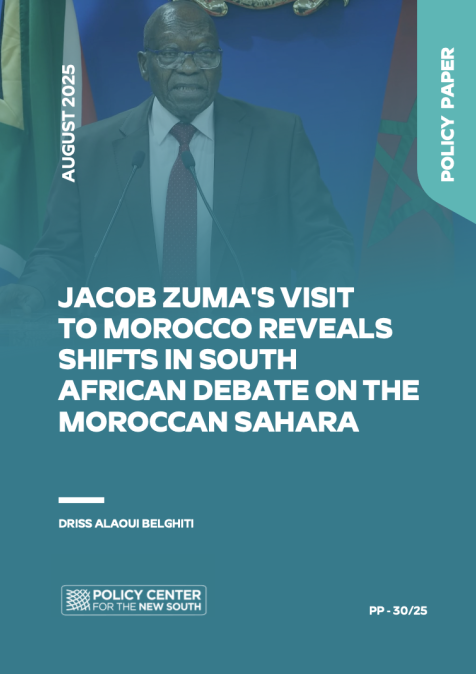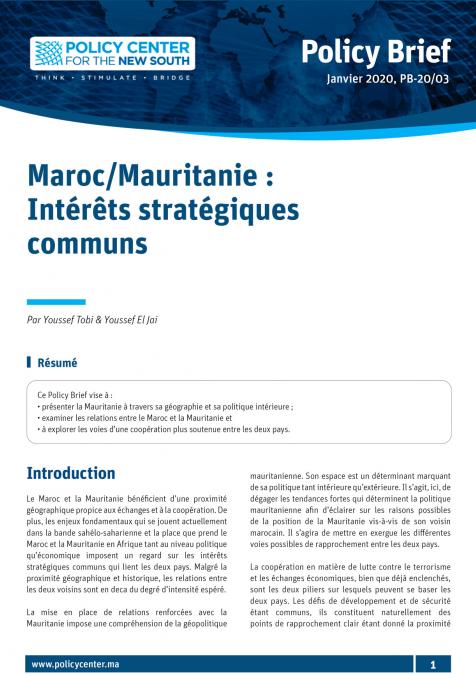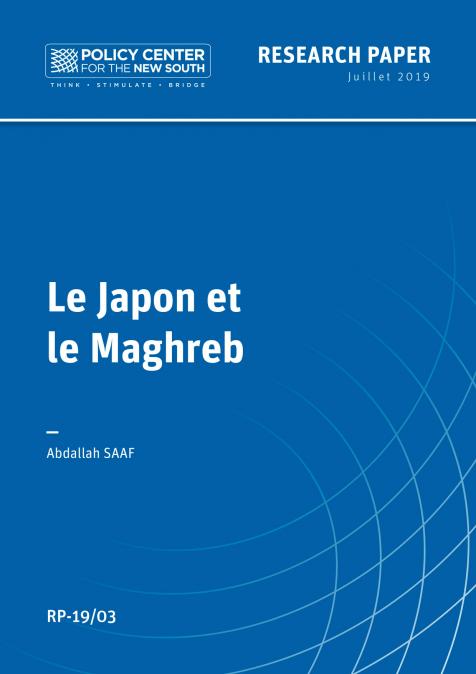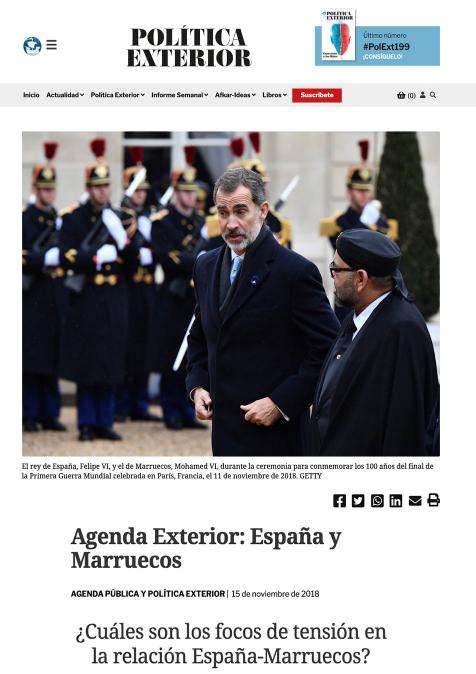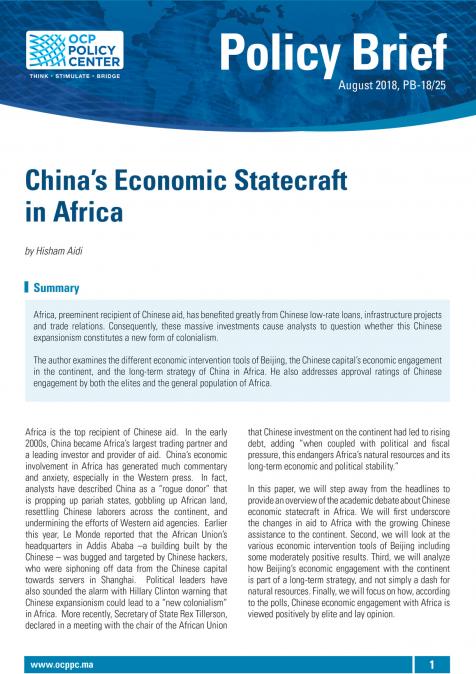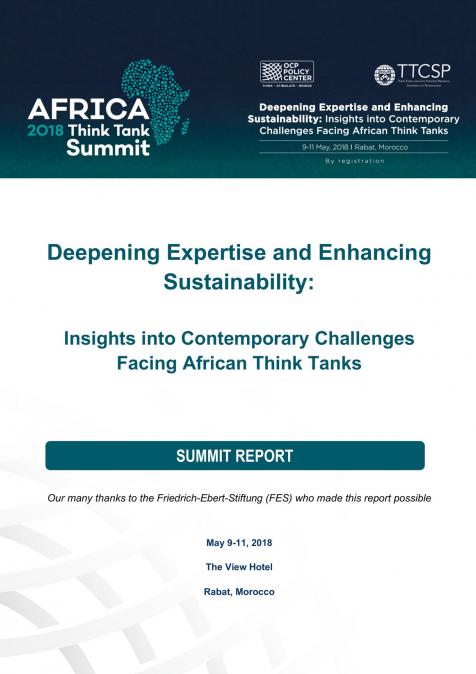Publications /
Policy Paper
This Policy Paper analyzes Jacob Zuma’s July 2025 visit to Morocco as a revealing episode in the reconfiguration of South African foreign policy. Far from being mere protocol issue, the event activated multiple registers of mobilization—anti-apartheid legacy, territorial integrity, and diplomatic coherence—while shifting a dossier long confined to elites into the public sphere. Drawing on a corpus of 2,200 posts on X, and 20 South African press articles, the study shows that the controversy generated limited yet significant visibility, structured around two peaks of attention (images from Rabat and the South African Department of International Relations and Cooperation reaction). This dynamic was driven by a small number of power users and media gatekeepers, reinforcing polarization between a hostile camp and a favorable or non-hostile camp led by the MK Party and supported by pivotal actors such as Build One South Africa (BOSA). The main contribution lies in the framing shift: from an interpretation in terms of ‘decolonization’ to a domestic reformulation in terms of national unity and anti-secessionism. This shift does not amount to an immediate doctrinal reversal, but it reduces the political cost of non-hostile signals and pluralizes arenas of legitimation, suggesting a second-order change in South Africa’s foreign policy.

